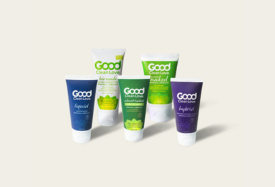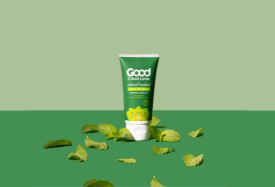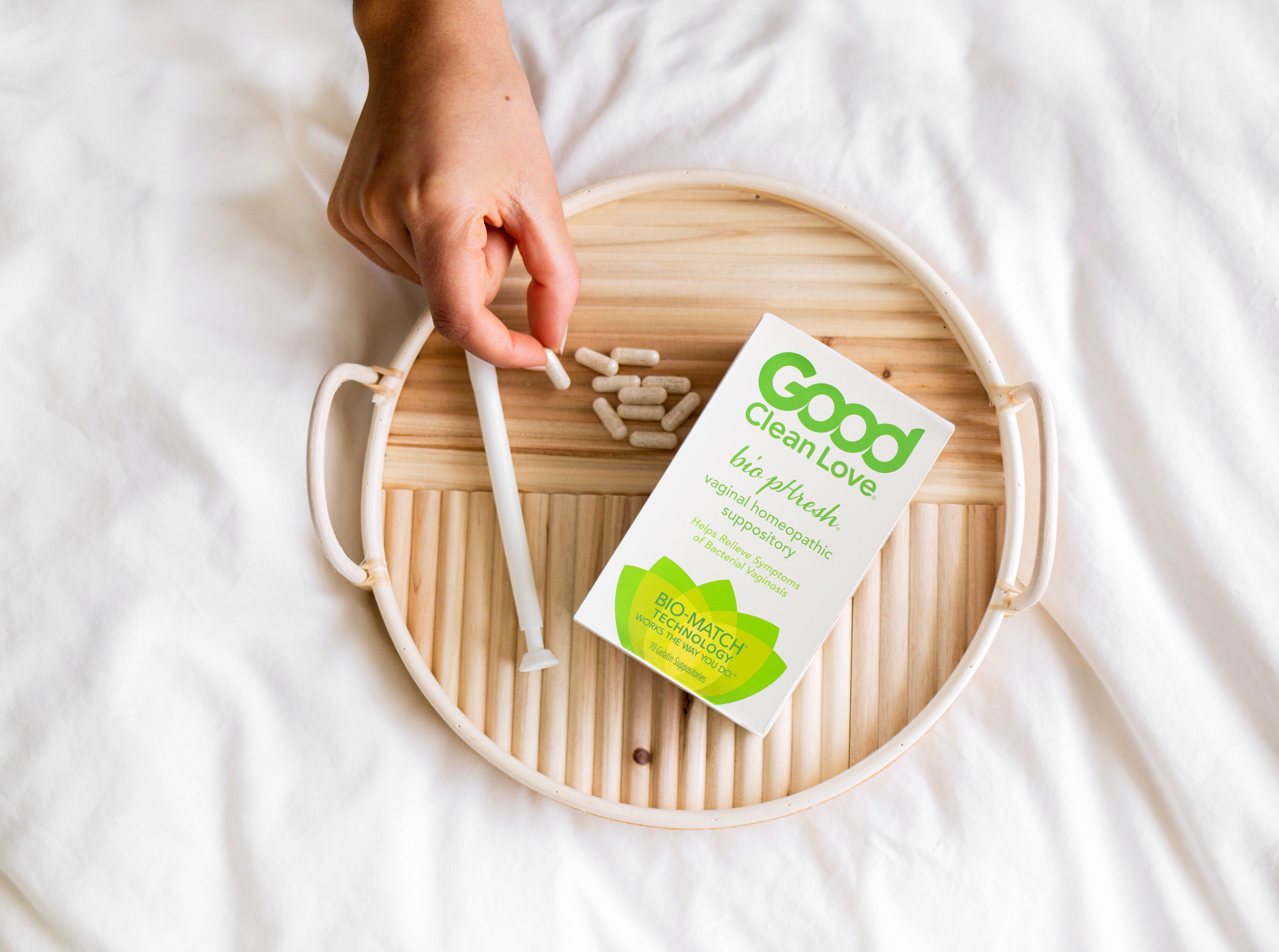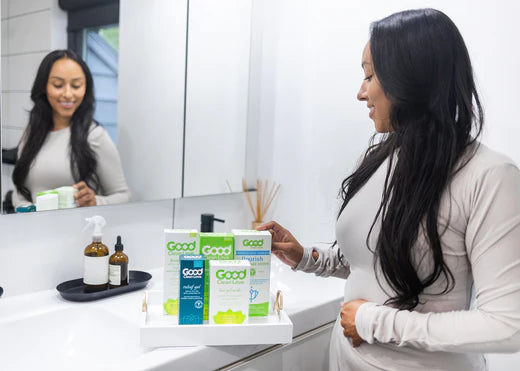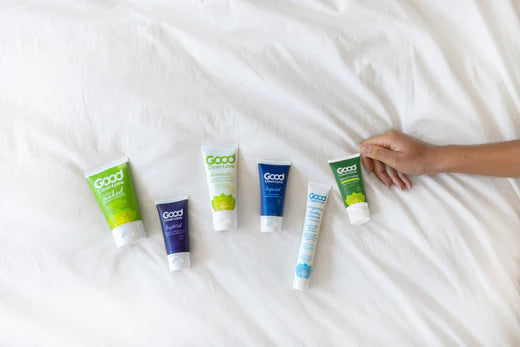
Seeing a pro-football player knock out his girlfriend on an elevator video captures our collective attention. The league is held responsible for not taking the violence seriously, giving the offender a two game suspension, and then, after the public outcry, they expel him indefinitely. Intimate crimes persist, in part, because we don’t want to see them, and it isn’t just among our celebrities and sports heroes that we look beyond domestic violence. The numbers are mind-boggling. In a lifetime, one of four women are seriously physically abused by their intimate partners, which means that you probably know someone who has been or is being abused. Unbelievable but true- 15% of all violent crimes committed between 2003 and 2012 were by intimate partners. Although men are also sometimes victims, they are the perpetrators in 90% of the cases according to a 2002 report.
While some violence between couples is episodic, most is steeped over a long period of time in fear and shame. Most abusive relationships are characterized by an overwhelming imbalance of power, which creates a strange bonding dynamic where the victim is compelled to protect the abuser. They live, sometimes for years, within self-imposed walls of silence, continuously working harder to get the approval or keep the peace in a fragile and combustible container. Contrary to popular belief, intimate violence crosses all socio-economic, education and racial barriers. Wealthy victims often become more entrapped by social isolation and feel unable to ask for help. The majority of domestic violence goes unreported.
Getting to the root of the issue is deeply challenging, as violence in the home becomes generational when it is not addressed. Boys are significantly more likely to become abusers as adults and girls run a much higher risk of becoming a victim in their intimate relationships. Living in perpetual fear and helplessness etches low self-esteem into patterns of life-long anxiety and depression, as well as physical disorders of both the heart and gastrointestinal systems. The gap between surviving and recovering from domestic abuse becomes harder to bridge the longer it is ignored.
It isn’t that surprising that our unresolved and unacknowledged mental illnesses play out in the worst of ways in our most intimate relationships. Our loving relationships are meant to be our deepest teachers, and when we fall in love, we are hoping this relationship will provide a way out of the emotional traps that we carry with us from childhood. Tragically, most of us are poorly equipped to both identify and express the complex and troubling emotions that emerge as we go from falling in love to the challenging spaces of learning to love over time. Raw with the intimacy that we long for but don’t have the skills to master, our vulnerability easily and often uncontrollably slides into our default mechanism of fear and violence that we have worked so hard to suppress.
Domestic violence is the most malignant form of how our relationships become the combustion chamber for our brokenness. Perpetrators of violence are as deeply wounded and terrified by their own lack of control as their victims. The sadistic and masochistic impulses that keep both people engaged come to fit like a lock and key. And it is precisely this compulsive engagement that makes the question of how do they stay with it so unnerving. The longer you live in the darkness of insanity, the more your vision adjusts to the gloom. In the same way that a healthy relationship makes us a better version of ourselves, relationships with domestic violence reduces us to our worst.
Looking away is not the answer and you can’t help people who don’t want help. Somewhere in the midst of those extremes is a path that starts with asking questions and offering to help find resources.
This month, in honor of Domestic Violence Awareness Month, we are going to donate 5% of all our website sales to our local WomenSpace, which provides a safe haven and a new beginning for women facing domestic violence.
How can you help?


